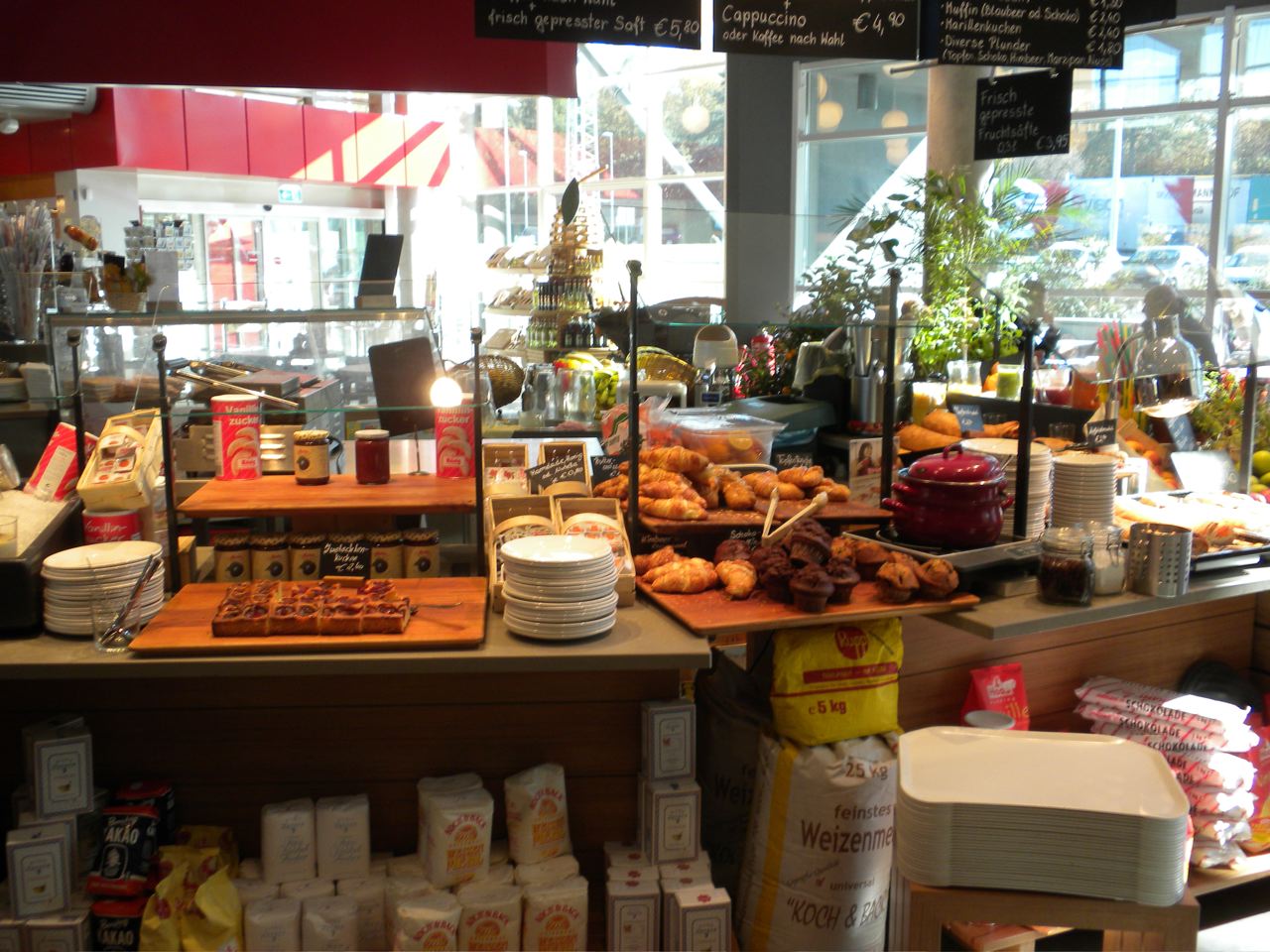

Eat cheese, drink wine, smoke, and stay thin and healthy -- how can this be? As Americans we often refer to the French Paradox with a certain amount of jealousy. We'd die to indulge in more fattening foods, drink more wine, and continue to look and feel good. So why can't we do it if the French can?
In my opinion, this "paradox" is a perfect example of what we do all the time in medicine in the U.S. We try to simplify something, break it down, or study it to understand the exact components of what makes it work, when it's so much more complicated than that. The bottom line is that the reason the French are so much healthier than us is not as simple as food alone.
The French and Europeans in general have a much different way of life. It's not just the foods they eat that make up their health picture. It's their food and their lifestyle, which is something I've been writing and talking about for years. Health is about the whole picture -- not just fat, not just carbs, not just food, but everything, the way we live our lives.
"If I were the minister of health in America, and I was in charge of the battle against obesity, the most powerful, brilliant thing I could do would be to communicate this message: Let's not worry too much about what's on the table. I'd say let's concern ourselves with sitting at the table together and preparing a meal." -- Valerie Bignon, director of corporate communications for Nestlé France, in the New York Times June 8, 2012.
I fully support the idea of sitting down to enjoy meals together, but I do think that what is on the table matters. If we could adopt the French appreciation for fresh, whole foods, we wouldn't have to worry so much. But the amount of fast food in this country is rapidly contributing to the problem of obesity.
How The French Get Away With It
Whenever I go to Europe to visit my father, I'm in awe of how different life is. We sit for long meals that include several different fresh fruits and vegetables, beautifully-crafted cheeses, and carefully-prepared meats and fish. The portions are smaller but somehow more satisfying. I always return home with the new initiative to help my patients look at the whole eating experience differently, rather than focusing on just their calorie intake or what is on their plates.
Here's where I think France and other European countries differ from us:
Available food. Even in corner stores and airports, the food selection in Europe is so much more appetizing than what we have in the United States. When I was traveling, I even took photos in the gas stations because I was so blown away. Fresh salads, cheeses, breads -- it all looks much more colorful than the preservative-filled, pre-packaged fast food so often available here.
Walking and public transportation. Even in the smallest of villages in France there is just a different appreciation for walking. Gas is expensive in Europe, and this means many Europeans walk if they don't have public transportation. There are more convenient corner stores and markets rather than large supermarkets and bulk warehouses. And for those cities that do have public transportation in France, people have to walk to get there and often walk to their destination from each stop, which means they are inherently racking up more steps each day than we are.
Meal philosophy. The average lunch break in France is two hours long. This is more than double the time most Americans give themselves for lunch. Two hours not only means you can get away from your computer and sit down with friends, but you can relax, let your food digest and enjoy yourself for a while -- all of which are better for your health than rushing through meals.
Opinions on work and time off. Though a lot of work gets done in France, there doesn't seem to be such a rush to do it. Long lunches and ample vacation offer the French time to slow down. In fact, it's the law that every full-time worker in France has at least five weeks of vacation per year. Some businesses offer more like eight weeks. Imagine what you might do with that time!
Stress. After all of the above, it seems silly to even mention stress. Healthier food options, a longer time to eat, built-in opportunities to exercise, an emphasis on enjoying meals, and more vacation time all contribute to a reduction in stress. With stress as the No. 1 culprit for disease, it's no wonder Americans are sicker!
There Is No Paradox
The reality is, the secret to being thin and healthy is really just opening up to a different way of life. We keep trying to figure out what it could be -- is it the wine, is it the kinds of cheese, is it genetics? -- when really we should be looking at the whole picture. How can we slow down and learn to appreciate life a little more?
Maybe the next time you're up for a raise at work, you'll consider asking for more vacation time instead of more money. Do you really need another car or a bigger house? What about slowing down to celebrate each day, each meal, each moment? I think we'd find ourselves a lot thinner, a lot healthier, and a lot happier.
For more by Marcelle Pick, OB-GYN, NP, click here.
For more on personal health, click here.